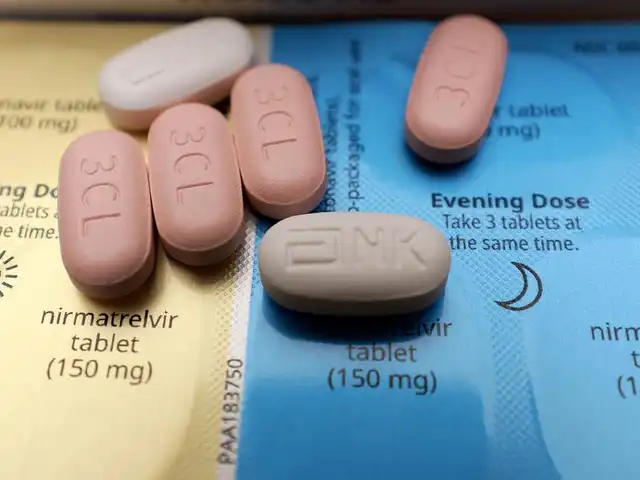Functional Dyspepsia: What It Is and How to Find Relief
If your stomach often feels full, bloated, or painful after a meal, you might be dealing with functional dyspepsia. It’s a common digestive complaint that isn’t caused by an ulcer, infection, or obvious disease. Instead, the stomach and upper intestine just don’t work smoothly, leading to that uncomfortable “indigestion” feeling. The good news is that many simple changes can cut the symptoms down dramatically.
Typical Signs and What Triggers Them
The hallmark signs include a gnawing or burning pain in the upper abdomen, early fullness, and bloating that lasts a few hours after you eat. You may also notice burping, nausea, or a feeling that food sits in your stomach. Triggers vary: spicy foods, caffeine, alcohol, and large meals are frequent culprits. Stress and anxiety can also ramp up the gut’s sensitivity, making a normal meal feel disastrous.
Practical Ways to Calm Your Stomach
Start with the basics—eat smaller portions more often and chew each bite thoroughly. A low‑fat, low‑acid diet helps; think boiled veggies, lean proteins, whole grains, and non‑citrus fruits. Keep a food diary for a week to spot any personal triggers. Over‑the‑counter antacids or H2 blockers can give quick relief, but talk to a doctor before using them long‑term.
Stress management is surprisingly powerful. Simple techniques like a 5‑minute deep‑breathing routine, short walks after meals, or a short meditation session can reduce the gut’s over‑reaction. If anxiety feels overwhelming, consider talking to a therapist; many people find that treating the mind eases the stomach.
When symptoms persist despite lifestyle tweaks, a doctor may suggest prescription options such as a proton‑pump inhibitor, a pro‑kinetic agent, or low‑dose antidepressants that target gut pain. These meds work best when paired with the dietary habits you’ve already started.
Don’t ignore red‑flag signs. If you experience weight loss, vomiting blood, or persistent vomiting, seek medical help right away. Those symptoms can signal a more serious condition that needs testing.
Finally, stay hydrated but avoid gulping large amounts of soda or carbonated drinks, as they can add gas and pressure. Sip water throughout the day and finish larger meals with a non‑caffeinated tea, like ginger or chamomile, which can soothe the lining.
In short, functional dyspepsia is manageable with a mix of smart eating, stress control, and, if needed, targeted medication. Keep track of what works for you, stay patient, and you’ll likely see a steady drop in those uncomfortable stomach episodes.

Antacids: A Simple Ally in Managing Functional Dyspepsia
- By : Archer Hamilton
- Date : Feb 24 2025
Antacids offer a straightforward approach to managing the discomfort of functional dyspepsia by neutralizing stomach acid. Unlike more complex treatments, antacids provide quick relief for symptoms like bloating and heartburn. They're widely available and easy to use, but knowing how and when to use them effectively is key. We'll dive into practical tips, potential limitations, and considerations to keep in mind. Understanding their role can empower individuals to manage their digestive health with greater confidence.





